What water in Thailand can do to your hair
Are you noticing that you have more dandruff now in Thailand? Here's why
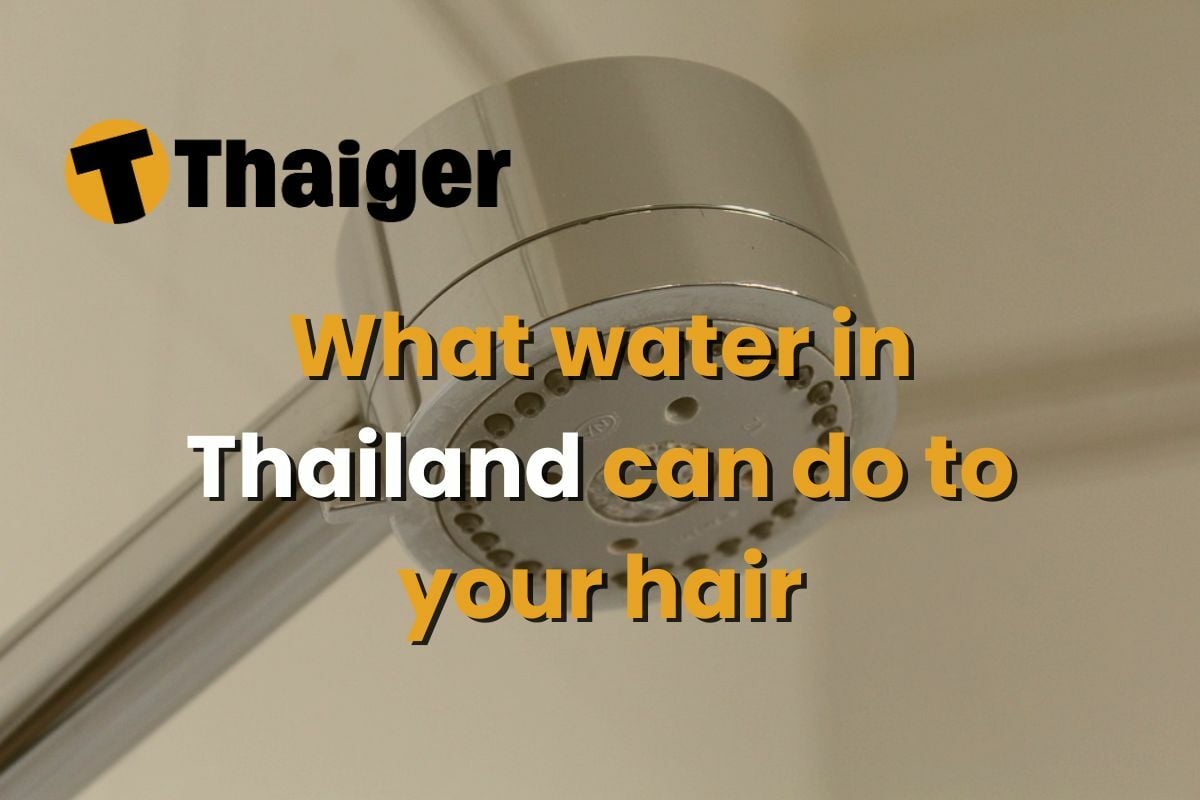
There have been many discussions about complaints concerning dandruff after being in Thailand for a while. Due to many bad factors of water, online forums like Asean Now and Reddit are filled with posts from expats and tourists alike, sharing their frustrations and seeking solutions. Water affects all areas of the body, but a big problem is seen in hair. Water in Thailand is known to damage your hair, especially for newbies that just got to Thailand.
Thais who are born and raised in Thailand do not seem to face this problem. Is it something in Thailand’s water, the climate, or both that is causing this? 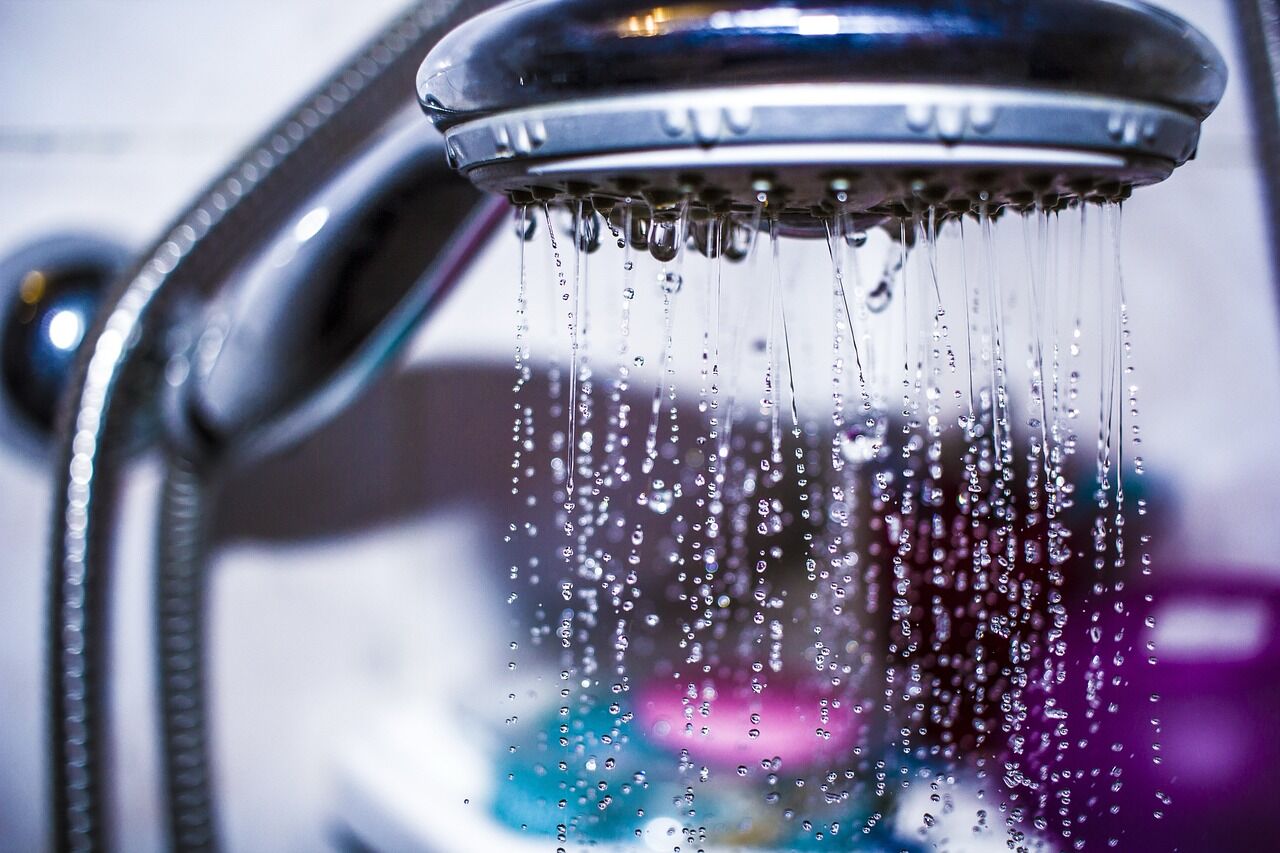
Image via PIxabay
Impact of Thai water on your hair health
Thais who are born and raised in Thailand may experience fewer dandruff issues, possibly due to adaptation to local water conditions and prevalent hair care practices. Some of the impacts you will have from using Thai water are:
1. Your scalp will have less natural oils
Your scalp has the natural ability to generate healthy air that helps your scalp fresh and clean. However, the combination of minerals like calcium and magnesium, along with chlorine used in water treatment, can strip away the scalp’s natural oils.
These oils are essential for keeping the scalp hydrated and protecting germs. Without them, hair becomes more vulnerable to dryness, split ends, and breakage. The scalp may also feel tighter and more sensitive, which can lead to irritation and itchiness. Overtime develops a bad cause of dandruff.
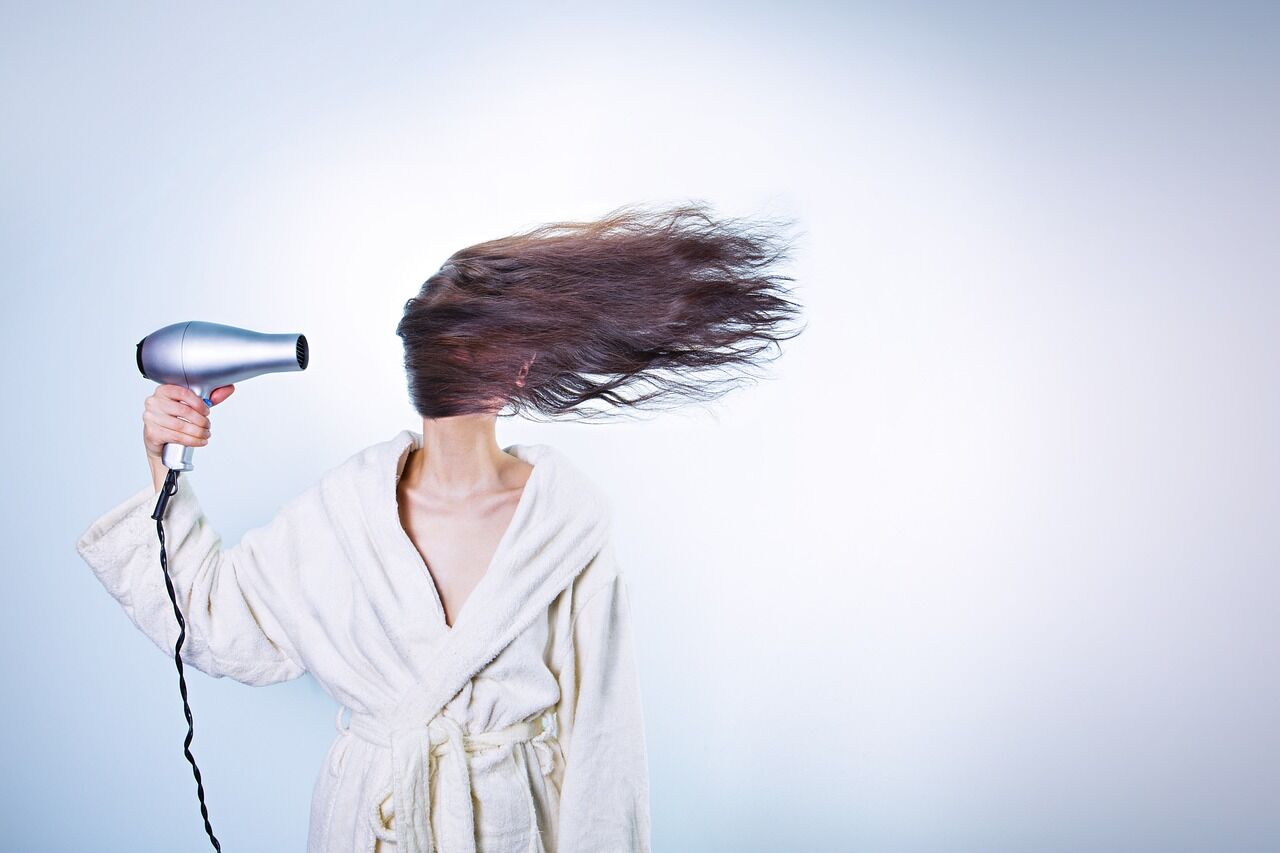
2. Your hair will begin to feel heavy or rough
Minerals in hard water leave a thin residue ( primarily calcium & magnesium ions) on both the hair and scalp, creating a rough texture that makes hair harder to manage. Calcium is mainly responsible for forming a white, chalky residue after it precipitates out. Additionally, hard water mixed with the fatty acid in soap forms an insoluble salt known as “soap scum”
Over time, this residue builds up, blocking hair follicles and causing the scalp to flake. This build-up can also make the hair feel heavy, dry, or “crunchy” to the touch, and it often gives the appearance of dandruff, even if it’s not the true form of dandruff.
3. Your hair colour will fade faster
For those who colour their hair, the chlorine and heavy metals in water in Thailand can cause the colour to fade faster, especially lighter shades like blonde. Turning it into a darkish brassy yellow tone. Chlorine being a strong oxidising agent, can break down hair dye molecules making it lose colour.
Which can be frustrating if you are maintaining a specific hair colour. Blonde and lighter shades of colour are mostly affected, although red and vibrant colours will tend to lose their colour intensity. As a result, coloured hair may need more frequent touch-ups or the usage of specialised products to keep it looking fresh and in the right shade of colour.
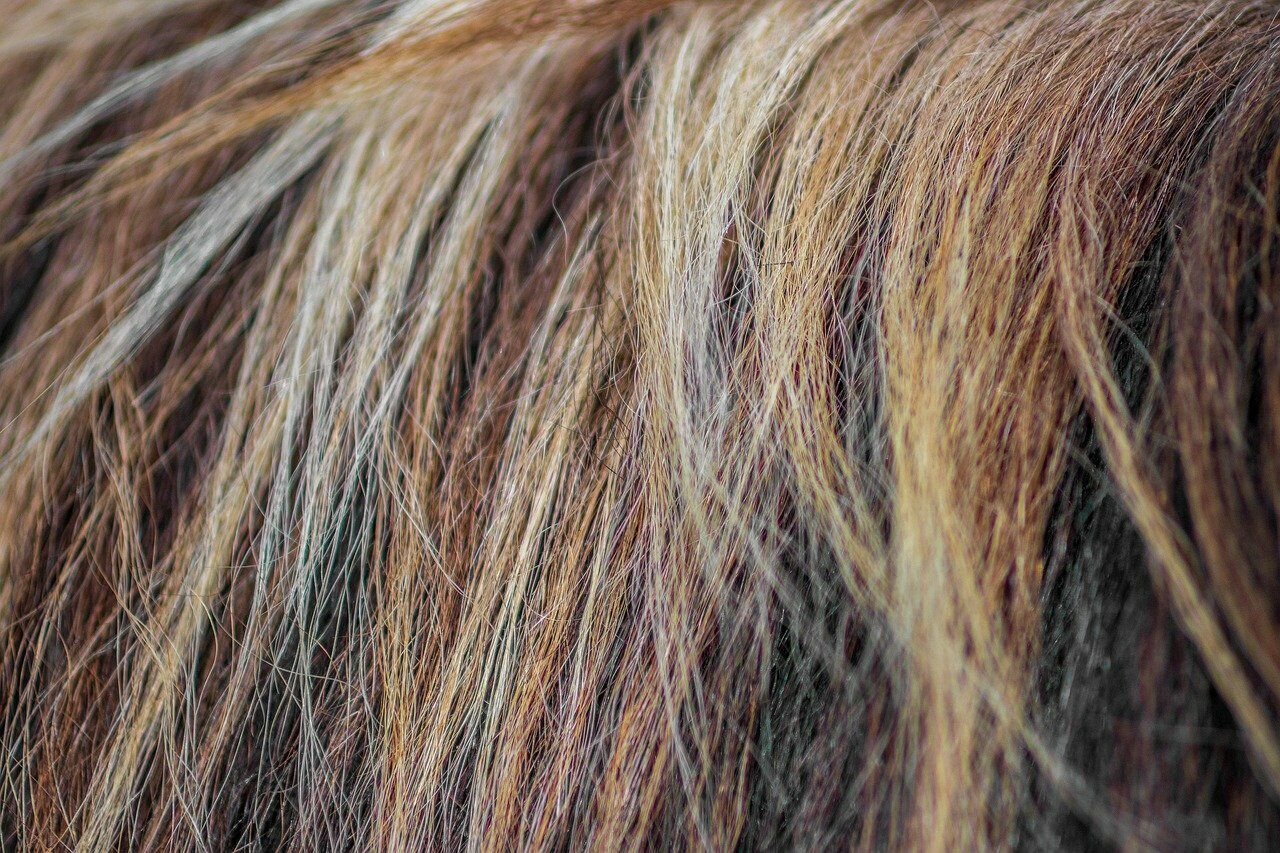
4. Your head might feel itchier
Even for an average hair, water in Thailand can affect its health. In rare cases, if you already have sensitive skin or scalp, some people find that Thai water worsens scalp conditions like seborrheic dermatitis or eczema. Different kinds of harmful can promote the build-up of dandruff. It’s important to differentiate between scalp flakiness caused by mineral residues and dandruff, which is primarily due to the Malassezia fungus.
The minerals, high pH, and chlorine can irritate sensitive skin, causing more flare-ups and making scalp issues harder to control. This often means dealing with more itching, flakiness, or redness, which may need special treatments or medicated shampoos for relief.
Factors of these hair problems in Thailand
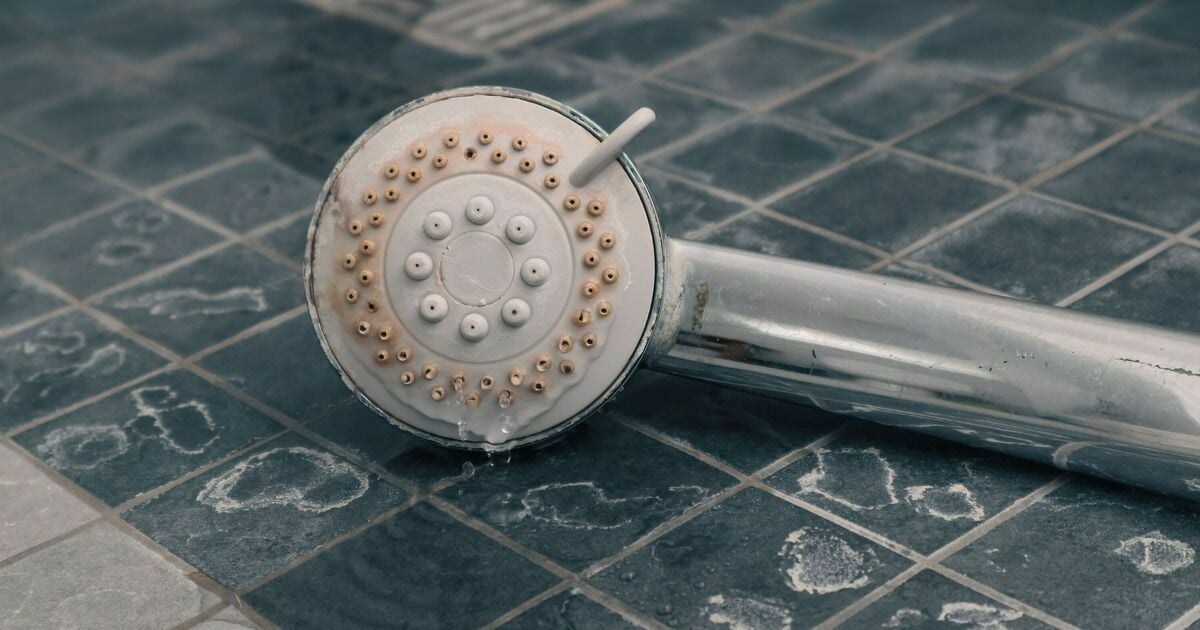
1. Hard water and mineral build-up
In many parts of Thailand, hard water with minerals like calcium and magnesium is common. These minerals leave a residue on the scalp and hair that can build up over time, taking away natural oils and making hair feel dry and brittle. This mineral build-up can block pores on the scalp, leading to reduced production of oil and flakiness that appears similar to dandruff.
Installing a shower filter has been a game-changer for many travellers, reducing mineral content and helping hair retain more moisture.
2. High pH levels and chlorine treatment
Water in Thailand often has a slightly higher pH level, making it more alkaline than water found in some other countries. This increased pH can disrupt the scalp’s natural balance, leaving it vulnerable to dryness and irritation.
With a higher level of alkaline compared to other countries, local water is commonly treated with chlorine, which can further strip natural oils and leave hair dry, especially for people with sensitive scalps.
Try sulfate-free, pH-balanced shampoos and conditioners to counter these effects and lock in moisture.
3. Chemical residues and harsh treatment
In certain rural regions, water may also contain chemical residues due to industrial pollutants or agricultural runoff. Like rusting in a pipe or bacteria building up in a water tank, these contaminants can stick to the hair root, making it feel rough or dry while also irritating the scalp.
Use a clarifying shampoo once a week can help cleanse the scalp and hair of any lingering chemicals.
4. Drying and irritating properties of chlorine and heavy metals
Bangkok typically has better water treatment facilities compared to rural regions. However, heavy metals such as iron or copper are present in some areas of the water supply, which can affect hair colour and health. Chlorine, which is used to sanitise water, is also a common irritant that can strip the scalp of its natural oils, making it dry and flaky.
Many visitors report that after installing a showerhead filter or reverce osmosis systems specifically designed to reduce heavy metals and chlorine, their hair feels softer, and scalp irritation subsides.
5. Frequent Need for Moisture and Hydration
Due to the effects of hard water and chlorine, many people find they need extra hydration in their hair routine. Chemicals are known to absorb all the skin moisture out of your scalp. Using moisturising shampoos, conditioners, and scalp serums can help restore moisture lost to Thailand’s water.
Additionally, applying natural oils, such as coconut or jojoba oil, provides a protective barrier and helps reduce dryness.
FAQ
Can hard water cause dandruff?
Yes, hard water can lead to dandruff-like symptoms. Mineral deposits build up on the scalp, causing dryness, flakiness, and irritation.
Why is Thai water different for my hair?
Thai water often has higher levels of minerals and chlorine, which can disrupt the natural balance of your scalp and strip away moisture.
How can I reduce hair issues while in Thailand?
Using a shower filter to reduce minerals and chlorine, switching to hydrating, pH-balanced products, and applying natural oils can help.
Is the climate or the water more to blame?
While the climate plays a role, the mineral content, chlorine, and higher pH of Thai water often contribute more significantly to hair and scalp issues.
Will these hair issues go away when I leave Thailand?
In most cases, hair and scalp health returns to normal once back in softer water environments. However, using clarifying treatments can help remove any lingering residue.
Latest Thailand News
Follow The Thaiger on Google News:


























